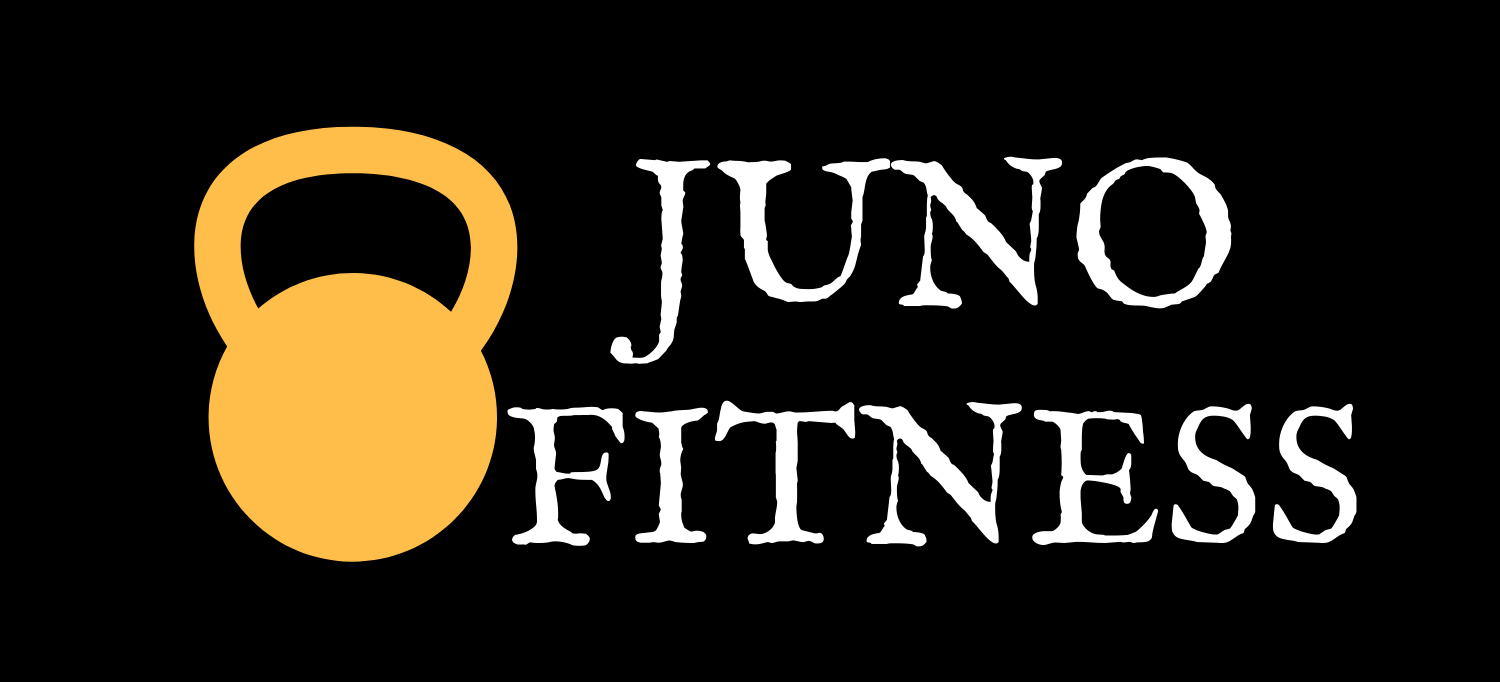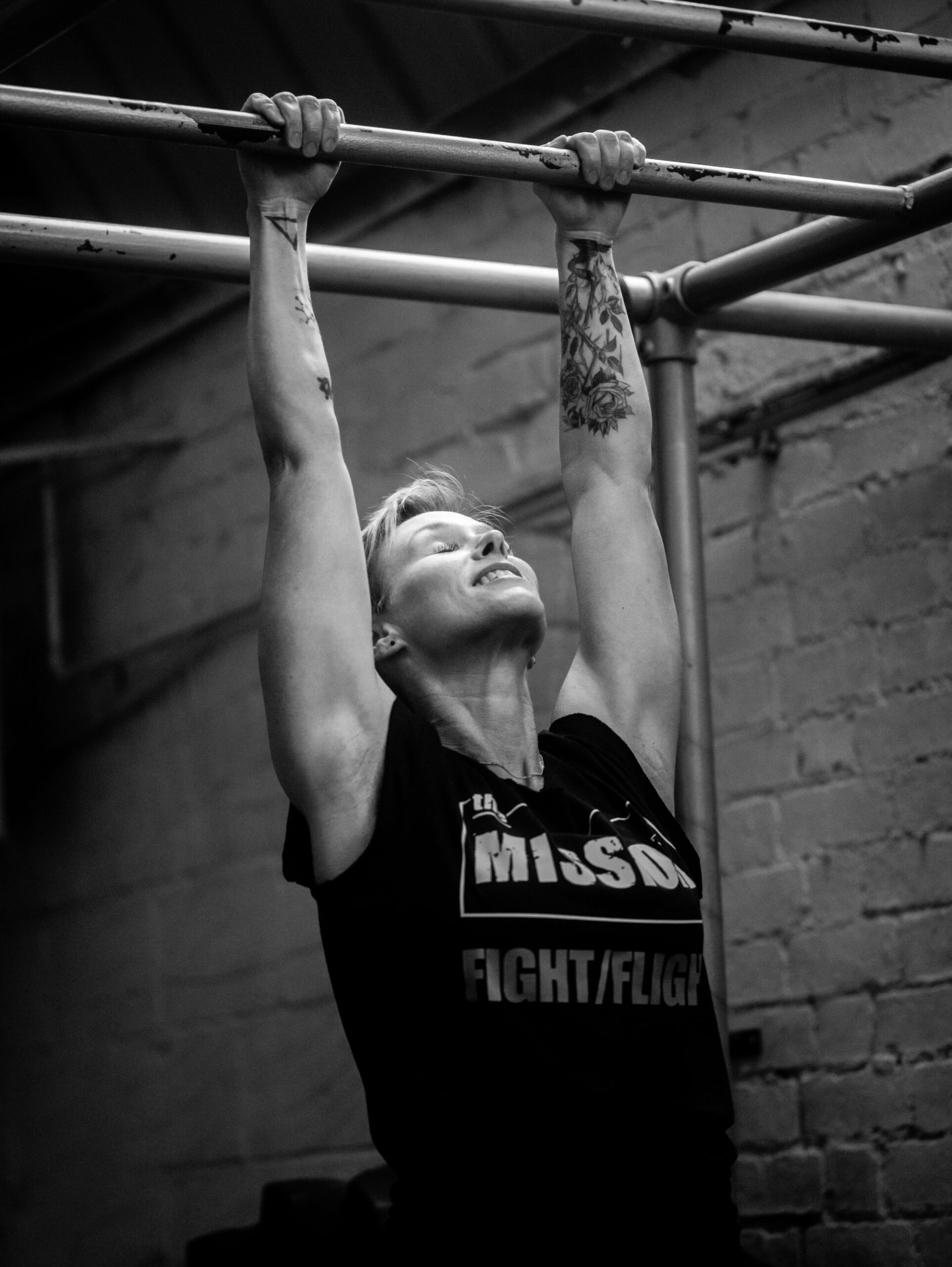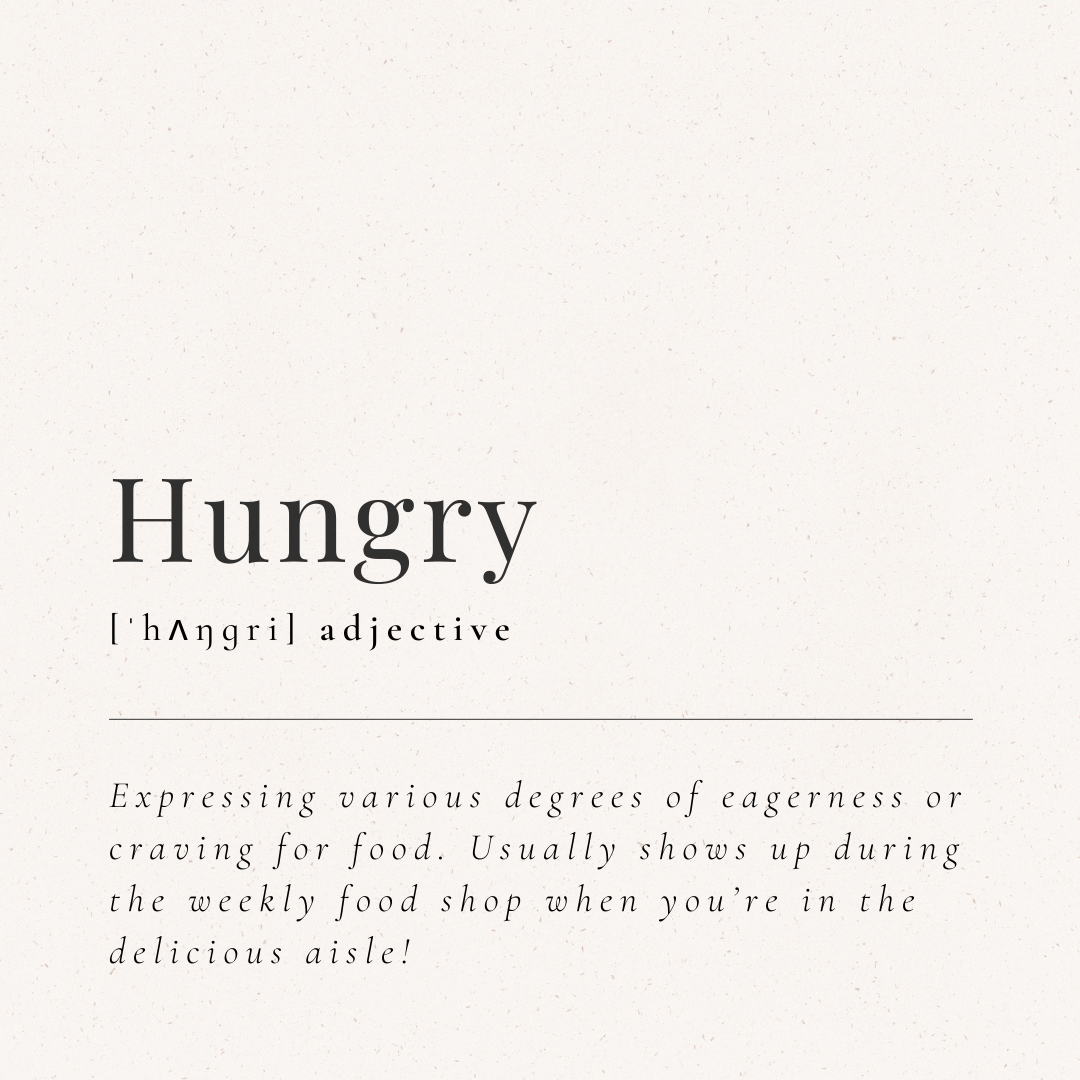It Could Be Due To What You Eat During Your Menstrual Cycle.
You know those days when everything feels harder?
Your workout is harder, it makes you more sore in the days afterwards, you’re more likely to skip a training session. Well, what you choose to eat at different phases of your menstrual cycle has a lot to do with this.
It’s easy to just write off these days, but actually, if we eat and refuel to suit the changing hormone environments of our bodies, our training performance doesn’t need to suffer.
See my previous blog post here to learn more about how your menstrual cycle affects your energy levels.
So how does our menstrual cycle affect how we train and recover, and what food we should eat for muscle soreness and recovery?
As oestrogen and progesterone fluctuate, it causes slight changes to our metabolism, glycogen and blood plasma (water, salts, enzymes, antibodies and other proteins) levels.
The key to feeling better and training harder is recovery. For women, this means more protein. Women’s bodies can run well on fewer carbohydrates than men, because we burn fat for energy much more efficiently. So, when it comes to eating to refuel ourselves, it’s protein that we should focus on to make us perform at our best.
So how much protein and carbohydrates are the right amounts for women?
As a general rule, a minimum of 5g carbs and 1.5g protein per kg of bodyweight in the first half of your menstrual cycle.
So, if you weigh 65kg, aim for 325g carbs and approx. 100g of protein as a minimum, spread out through the day. During the second half of your menstrual cycle, eating closer to or even above 2g/kg will help with muscle repair and your immune system which are both less efficient during this time.
Just FYI, that’s 1700 calories there. The rest of your calories should be made up of healthy fats; around 15%-30% of your daily calories.
You’ve probably noticed that you need more calories than you might have thought to maintain a strong, healthy body. Nobody got strong and healthy on a too-low calorie, and by definition too-low nutrient diet, now did they?
If you’re an athlete, if you have a regular training plan or you lift weights for the joy of it, learning how to use nutrition for recovery and performance is a key piece of the puzzle. You’ll feel and perform so much better and your body shape will reflect all your hard work.



